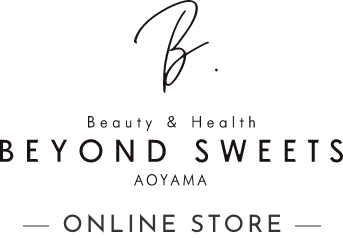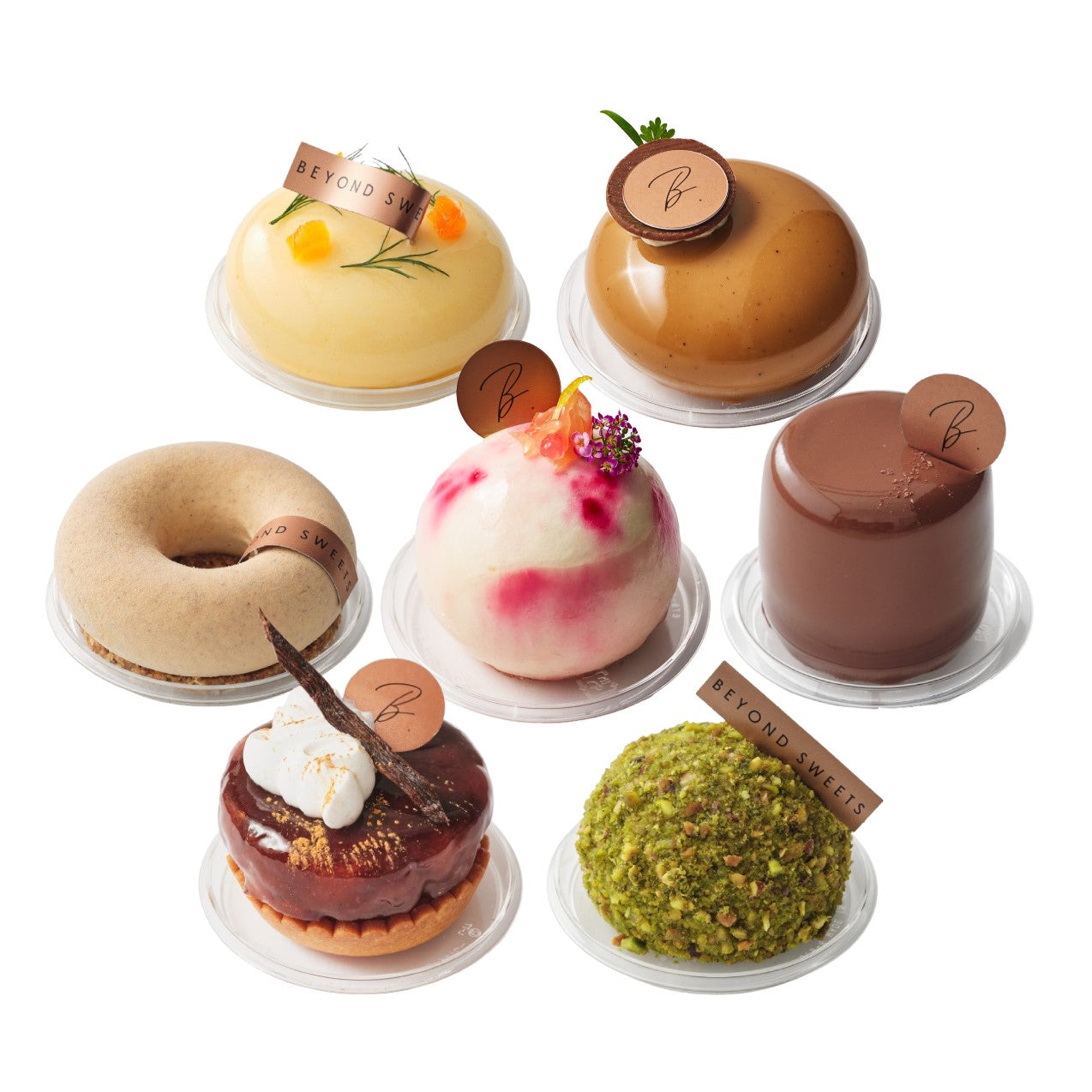
The 8 Major Allergens: Food Allergy Basics
Food allergies are a phenomenon caused by an overreaction of the immune system to certain foods. Foods that are particularly likely to cause severe allergic symptoms are known as the "8 major allergens." These are subject to allergy food labeling in many countries, and are an important source of information for consumers to make safe food choices.
What are the 8 major allergens?
The following eight foods are designated as common allergens:
Eggs are a common allergy among children, and the main cause is the proteins (such as ovomucoid) contained in egg whites.
Milk (dairy products)
The casein and whey proteins in milk can cause allergic reactions, especially in young children.
It is usually caused by gluten, which is found in wheat bread and noodles, and can manifest as digestive or skin symptoms.
Buckwheat is a food that can cause very serious allergies, so even small amounts should be consumed with caution.
Peanuts
It is known worldwide as a cause of anaphylactic shock. It is also important to be aware of cross-reactions to nuts in general.
Shrimp is a typical example of shellfish allergy, and ingestion often results in skin and respiratory symptoms.
As with crabs and shrimp, care must be taken with regard to shellfish allergies. Secondary contact through cooking utensils can also cause a reaction.
Soybeans are often used in processed foods such as soy sauce and tofu, and are a food that is closely related to Japanese food culture.
These foods are found in many processed foods and restaurant menus, so it is important to be careful in your daily life.
Risks of the 8 major allergens and how to deal with themChecking the labelIn many countries, including Japan, it is mandatory for the 8 major allergens to be displayed on food labels. Make it a habit to check the ingredient list when purchasing.
Using alternative foods. For example, soy milk or oat milk can be used for those with dairy allergies, and gluten-free products can be used for those with wheat allergies.
Measures to take when eating out: It is important to choose restaurants that provide allergen information and check in advance. It is also recommended to carry an autoinjector (EpiPen) in case of an emergency.
Use allergy testing. Have a doctor perform blood tests or food challenge tests to identify allergens, and understand the severity of symptoms and appropriate measures.
Promote understanding among those around you. Explain your allergy to your family, school, and workplace, and ask for their cooperation in preventing food allergies from being accidentally ingested.
Food allergies are an issue that should be addressed by society as a whole, not just by individuals. School lunches and the food manufacturing industry are promoting allergen-free menus and safety measures. It is also important to popularize EpiPens in public places and to spread correct knowledge.
It would be great if, by correctly understanding the eight major allergens and taking appropriate measures, people with allergies could live safer and more fulfilling lives in society.
The "Allergy Friendly" category, one of the categories of BEYOND SWEETS, offers sweets that do not contain the eight major allergens (wheat, eggs, dairy products, buckwheat, peanuts, shrimp, crab, and walnuts).
In addition, we strictly label all products with specific ingredients (28 items).
・Click here for a list of BEYOND SWEETS sweets and cakes that are compatible with the 8 major allergens>>
BEYOND SWEETS: A specialty store for healthy sweets
[Three categories of BEYOND SWEETS]
■BEYOND1 Beauty and Diet>>
■BEYOND2 Medical Sports>>
■BEYOND3 Allergy Friendly>>


![[Limited to first-time buyers] 10-item trial sweets set for your body *Free shipping now](http://www.beyondsweets.com/cdn/shop/files/2.jpg?v=1712886879&width=1125)
![Berry Pistachio (sugar-free) [whole]](http://www.beyondsweets.com/cdn/shop/files/2025-03-07113323.jpg?v=1741328178&width=1024)

![[SOLD OUT] Botanic Chocolate 6 pieces](http://www.beyondsweets.com/cdn/shop/files/25-01-29_DSC8564.jpg?v=1740793326&width=1024)
![[SOLD OUT] Botanic Chocolate 4 pieces](http://www.beyondsweets.com/cdn/shop/files/25-01-29_DSC8563.jpg?v=1740724484&width=1024)




